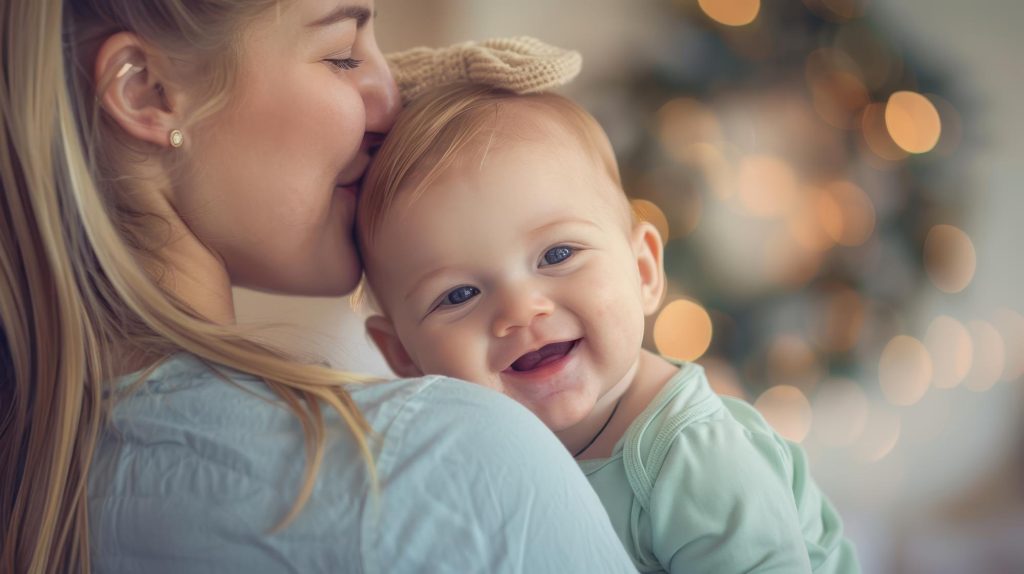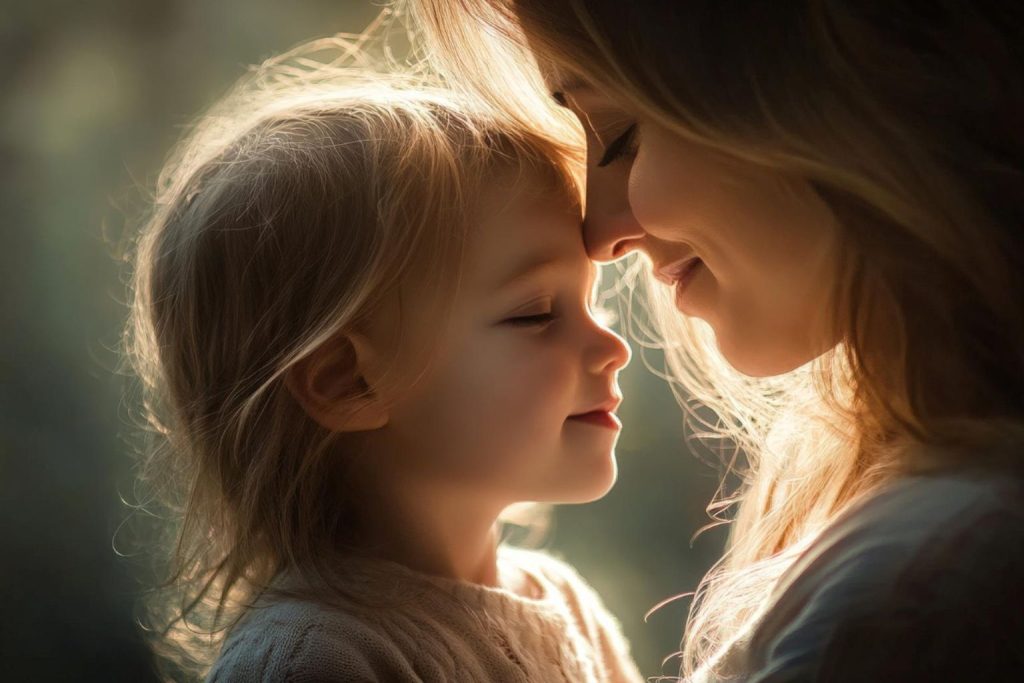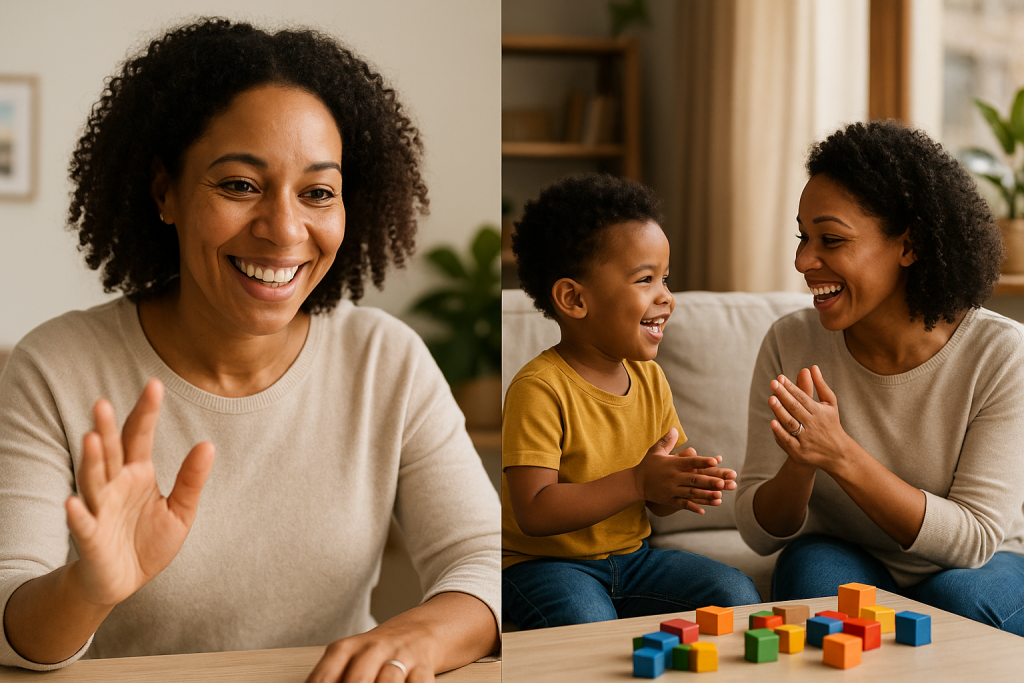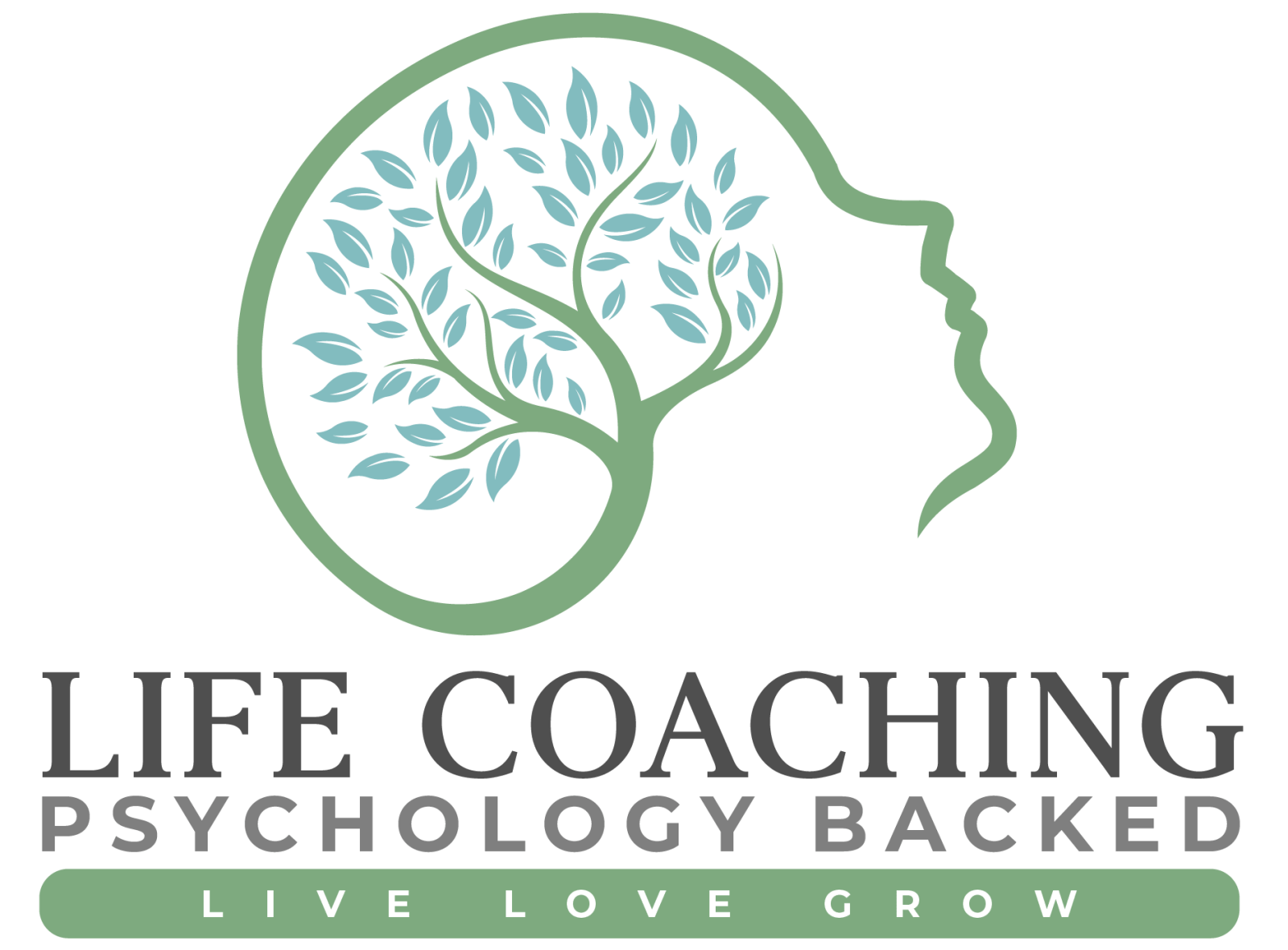“Do my kids love me more than I love them?” This question might seem strange at first but it is a common one that parents ask themselves all the time. And how could we possibly measure or compare love between a parent and a child? We all know Love can not be quantified. But if you’ve ever looked into your young child’s eyes and seen that unwavering, hooked-on-you expression. Those eyes are full of awe, they long for you and need you to be around all the time, you might have quietly wondered the same. People may come and tell you a lot of things to make you feel even more guilty than you already are, which is why you need to hear it from an expert parent Coach.
Hi! I am Nermine, a parenting and life coach to answer this and many similar questions you may have. And today, it’s this dilemma.
The Nature of a Child’s Love
Psychologically speaking, young children often express a form of love that feels intense, raw, and all-consuming. This is partly because they are in a developmental stage. They rely entirely on caregivers for survival and safety. Their need for affection, and identity can not be fulfilled by their own selves which is why they look to their parents for these factors.
According to Attachment Theory, by John Bowlby and expanded by Mary Ainsworth, a secure attachment is fundamental to a child’s early development. Infants and young children form emotional bonds with their primary caregivers not just out of affection, but also from an evolutionary need to stay safe. When the attachment is secure, children see the caregiver as a safe base from which to explore the world.
Ainsworth’s Strange Situation studies revealed that securely attached children show distress when their caregiver leaves and bam with joy when they return, clear signs of a deep emotional bond. This love is expressed in what might look like clinginess, separation anxiety, or constant bids for attention and validation. But these behaviours are biologically and emotionally driven. They are expressions of love, trust, and the need for closeness.

From the perspective of Object Relations Theory, early attachments, particularly to the mother or primary caregiver form the emotional templates for future relationships. These early bonds are charged with longing, idealisation, and sometimes even fear. For the child, the parent is not just a person, but a symbol of everything good and needed in the world.
So yes, children’s love often appears more immediate and visible. It’s in their tears when you leave the room, the fierce hugs, the constant “watch me!” pleas, and the bedtime snuggles. Their emotional world is centred on you, and that can feel overwhelming, even consuming at times.
The Nature of Parental Love
But what about a parent’s love? Is it less intense? Or Is it less visible? Perhaps. But certainly not less powerful. The best parenting coaches fail to make parents understand that it’s just the nature that is different, not the intensity.
Parental love often takes a quieter form. It shows up in 3 a.m. wake-ups and in meticulously packed school lunches. It comes through in worry-filled doctor visits, and in the sacrifices you make without fanfare. It’s a long-haul kind of love, less about the moment and more about the marathon.
Psychologist Ross Thompson, in his work on parental emotion and attachment, describes parental love as goal-oriented and protective. Unlike a child’s love, which is based on need and emotional dependency. A parent’s love integrates both affection and responsibility. It includes planning for the child’s future, enduring their rebellious phases, and loving them through growth, change, and even rejection.
In fact, research in developmental psychology shows that parents’ love often includes what is called empathetic regulation. It is the ability to stay emotionally calm and supportive even when a child is angry, misbehaving, or pulling away. It’s a form of love that puts the child’s needs ahead of emotional reciprocity.
Neuroscience supports this idea too. Studies have shown that when parents view photos of their children, regions of the brain associated with reward light up. The patterns are similar to the patterns seen in romantic love, but with more activity in areas linked to empathy and caregiving.
In other words, a parent’s love may not scream its presence but it’s deep, brain-based, and incredibly enduring.

Love in Different Languages
So if your love feels quieter, more practical, or less giddy it isn’t less. It’s just expressed in a different language.
Children may “love loudly.” They cry when you leave the room. They beam when you praise them. They sneak into your bed at night just to be close. That love is real. But it is also a reflection of their developmental need for emotional anchoring.
Parents often “love quietly.” And as someone who provides working parent coaching, I keep telling my clients that “Your love is in showing up, day in, day out, even when you’re exhausted or unsure”. You love them through action, through protection, through providing emotional stability.
If love is a two-way mirror, it reflects different images depending on your point of view. The child sees love in presence. The parent sees love in perseverance..
What Happens When We Don’t Meet Children’s Love?
When a child’s love is not met with emotional responsiveness, when their bids for affection and validation, or closeness go unanswered over time, it can shape their internal world in profound ways.
According to attachment research, especially the work of Bowlby and Ainsworth, children who experience emotional unavailability or inconsistency from caregivers are more likely to develop insecure attachments. These can manifest in several ways:
- Anxious Attachment: The child becomes overly clingy. They start constantly seeking reassurance but never fully feeling secure. This can evolve into adult relationships marked by fear of abandonment or hypersensitivity to rejection.
- Avoidant Attachment: The child learns that their emotional needs are not met and begins to suppress them. They constantly appear independent but struggle with closeness or vulnerability later in life.
- Disorganized Attachment: In cases where love and fear come from the same source (e.g., neglect, abuse, or chronic emotional unpredictability), the child may develop contradictory behaviors, seeking closeness while also resisting it.
These attachment styles aren’t just academic labels, they echo into adulthood. This is the reason parent-child coaching is an essential for a lot of modern people. Research has consistently shown that early relational patterns affect emotional regulation. They affect self-worth, intimacy, and even mental health outcomes like anxiety and depression (Mikulincer & Shaver, 2007).
Even in less extreme cases, when parents are emotionally distant—not out of malice but due to stress, distraction, or lack of awareness, a child might internalize the message that their emotional needs are a burden. This can result in:
- A diminished sense of self-worth (“I’m too much” or “I don’t matter”)
- Emotional suppression and difficulty identifying or expressing feelings
- A lifetime habit of people-pleasing or emotional disconnection
From a Parent Coach, For the Parent, Too
And for the parent? Failing to meet a child in their love can lead to regret or a sense of emotional distance that becomes harder to bridge as the child grows older. You may find that by the time you’re ready to connect, your child has already built emotional walls. They simply no longer look to you for connection.
It’s not about being perfect. It’s about being present enough of the time.
A Gentle Invitation

So, does a young child love more than their parents? Or just differently?
Maybe the more helpful question is: Are we meeting one another in our expressions of love?
- Are we noticing the awe in their eyes when we clap for their drawing?
- Are we pausing for the bedtime snuggle, the sixth “read it again,” or the off-key singing of their favourite song?
- Are we giving them what they need, not just physically, but emotionally?
Because this stage—this precious, tender, dependent stage—passes in a blink. One day, they won’t look at you with the same wide-eyed adoration. And if we’ve been too busy to see it, we’ll miss something sacred.
Let your quiet love be seen. Let their loud love be heard.
In the end, it’s not about who loves more. It’s about meeting each other in love, again and again. If you have more such questions you can contact Me anytime. This is Nermine, an online parenting and life coach signing off.
FAQ
Signs can vary, but you may notice clinginess. You may also find them facing fear of separation, extreme independence, or difficulty expressing emotions. These behaviors often stem from inconsistent emotional responsiveness in early childhood. A parent coach can help you recognize and gently shift these patterns.
Yes, repair is always possible. Especially when done with intention and consistency. You will have to start by being present, validating their feelings, and offering small, dependable moments of connection. Coaching can help you build a plan that fits your parenting style and your child’s needs.
Parenting advice is often one-size-fits-all and based on general theories. Parent coaching is personalized, It helps you uncover patterns, triggers, and strengths unique to your family. It’s collaborative and focuses on lasting relational growth, not quick fixes.
Connection doesn’t always require hours; it thrives on intention. Consistent routines, active listening, and tech-free “pockets of presence” (like a five-minute chat before bed or a weekend breakfast ritual) go a long way. A coach can help you carve these into your existing schedule without added stress.




